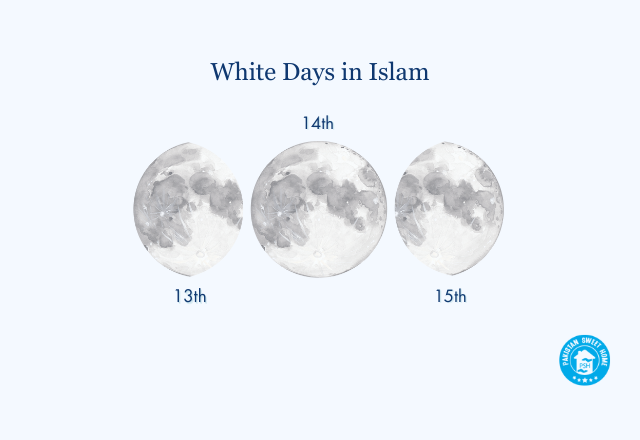
- DONATE
- SPONSOR A CHILD
- Zakat calculator
- SIGN IN
-
- About Us
- FAQ's
- Contact
- Get Involved
- Admissions
- Sign In
- SPONSOR A CHILD ZAKAT CALCULATOR DONATE
-
info@pakistansweethome.org.pk
(051) 4865856
+92 335 1118477

7 min read
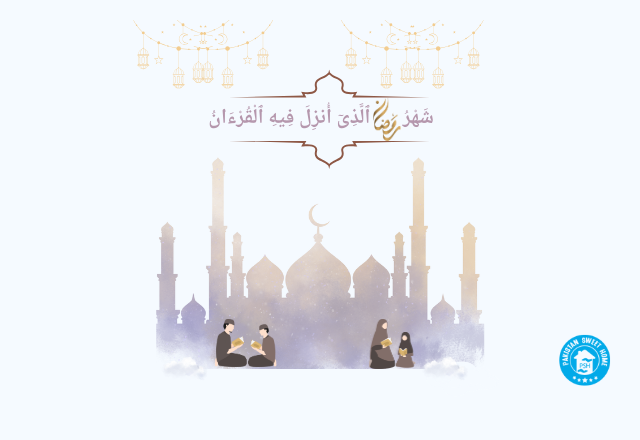
Ramadan in Quran is more than just a month of fasting; it is a time for spiritual renewal and self-reflection.
The Quranic verses about Ramadan remind us of the month’s holiness. These verses foster community bonding, uniting Muslims in faith and support.
The Holy Quran and Ramadan have a special connection. Ramadan is also known as the month of Quran. Ramadan overflows with divine blessings, reminding Muslims of Allah's mercy towards humanity.
Let’s explore the verses about Ramadan in Quran and the wisdom behind them:
يَـٰٓأَيُّهَا ٱلَّذِينَ ءَامَنُوا۟ كُتِبَ عَلَيْكُمُ ٱلصِّيَامُ كَمَا كُتِبَ عَلَى ٱلَّذِينَ مِن قَبْلِكُمْ لَعَلَّكُمْ تَتَّقُونَ
"O believers, fasting has been prescribed for you as it was for those who came before you, so that you may attain righteousness."
Surah Baqarah: 183
The above Quranic verse for fasting sheds light on:
أَيَّامًۭا مَّعْدُودَٰتٍۢ ۚ فَمَن كَانَ مِنكُم مَّرِيضًا أَوْ عَلَىٰ سَفَرٍۢ فَعِدَّةٌۭ مِّنْ أَيَّامٍ أُخَرَ ۚ وَعَلَى ٱلَّذِينَ يُطِيقُونَهُۥ فِدْيَةٌۭ طَعَامُ مِسْكِينٍۢ ۖ فَمَن تَطَوَّعَ خَيْرًۭا فَهُوَ خَيْرٌۭ لَّهُۥ ۚ وَأَن تَصُومُوا۟ خَيْرٌۭ لَّكُمْ ۖ إِن كُنتُمْ تَعْلَمُونَ
“Fasting is prescribed for a specific number of days. If someone is ill or traveling during this period, they should make up the same number of days later.
Those who can fast but find it difficult may provide a meal for a poor person for each day missed as compensation. If someone gives more than this, it is better for them. However, fasting is the best option for you, if you understand.”
Surah Al-Baqarah: 184
The above verse points to:
شَهْرُ رَمَضَانَ ٱلَّذِىٓ أُنزِلَ فِيهِ ٱلْقُرْءَانُ هُدًۭى لِّلنَّاسِ وَبَيِّنَـٰتٍۢ مِّنَ ٱلْهُدَىٰ وَٱلْفُرْقَانِ ۚ فَمَن شَهِدَ مِنكُمُ ٱلشَّهْرَ فَلْيَصُمْهُ ۖ وَمَن كَانَ مَرِيضًا أَوْ عَلَىٰ سَفَرٍۢ فَعِدَّةٌۭ مِّنْ أَيَّامٍ أُخَرَ ۗ يُرِيدُ ٱللَّهُ بِكُمُ ٱلْيُسْرَ وَلَا يُرِيدُ بِكُمُ ٱلْعُسْرَ وَلِتُكْمِلُوا۟ ٱلْعِدَّةَ وَلِتُكَبِّرُوا۟ ٱللَّهَ عَلَىٰ مَا هَدَىٰكُمْ وَلَعَلَّكُمْ تَشْكُرُونَ
"Ramadan is the month when the Quran was revealed as a guide for all people, offering clear signs of guidance and truth. Those who witness this month should fast;
however, anyone who is ill or traveling may make up an equal number of days after Ramadan. Allah seeks ease for you, not difficulty, so that you may complete the required days, honor Allah for His guidance, and find gratitude."
Surah Al-Baqarah: 185
The mentioned verse offers guidance on:
وَإِذَا سَأَلَكَ عِبَادِى عَنِّى فَإِنِّى قَرِيبٌ ۖ أُجِيبُ دَعْوَةَ ٱلدَّاعِ إِذَا دَعَانِ ۖ فَلْيَسْتَجِيبُوا۟ لِى وَلْيُؤْمِنُوا۟ بِى لَعَلَّهُمْ يَرْشُدُونَ
"And when My servants ask you, [O Muhammad], about Me, surely I am near. I answer the call of the one who prays to Me when they call upon Me."
Surah Al-Baqarah: 186
The above verse emphasizes:
أُحِلَّ لَكُمْ لَيْلَةَ ٱلصِّيَامِ ٱلرَّفَثُ إِلَىٰ نِسَآئِكُمْ ۚ هُنَّ لِبَاسٌۭ لَّكُمْ وَأَنتُمْ لِبَاسٌۭ لَّهُنَّ ۗ عَلِمَ ٱللَّهُ أَنَّكُمْ كُنتُمْ تَخْتَانُونَ أَنفُسَكُمْ فَتَابَ عَلَيْكُمْ وَعَفَا عَنكُمْ ۖ فَٱلْـَٔـٰنَ بَـٰشِرُوهُنَّ وَٱبْتَغُوا۟ مَا كَتَبَ ٱللَّهُ لَكُمْ ۚ وَكُلُوا۟ وَٱشْرَبُوا۟ حَتَّىٰ يَتَبَيَّنَ لَكُمُ ٱلْخَيْطُ ٱلْأَبْيَضُ مِنَ ٱلْخَيْطِ ٱلْأَسْوَدِ مِنَ ٱلْفَجْرِ ۖ ثُمَّ أَتِمُّوا۟ ٱلصِّيَامَ إِلَى ٱلَّيْلِ ۚ وَلَا تُبَـٰشِرُوهُنَّ وَأَنتُمْ عَـٰكِفُونَ فِى ٱلْمَسَـٰجِدِ ۗ تِلْكَ حُدُودُ ٱللَّهِ فَلَا تَقْرَبُوهَا ۗ كَذَٰلِكَ يُبَيِّنُ ٱللَّهُ ءَايَـٰتِهِۦ لِلنَّاسِ لَعَلَّهُمْ يَتَّقُونَ
“Therefore, you may engage in intimacy and seek the blessings that Allah has ordained for you. You can eat and drink until you see the first light of dawn breaking through the darkness of night. After that, you should continue your fast until sunset.
However, do not engage in intimacy with your spouses while you are in a state of meditation in the mosques. These are the limits set by Allah, so do not transgress them. This is how Allah communicates His revelations to people, so they may become mindful of Him.”
Surah Al-Baqarah: 187
The above verse illustrates:
إِنَّآ أَنزَلْنَـٰهُ فِى لَيْلَةِ ٱلْقَدْرِ وَمَآ أَدْرَىٰكَ مَا لَيْلَةُ ٱلْقَدْرِ لَيْلَةُ ٱلْقَدْرِ خَيْرٌۭ مِّنْ أَلْفِ شَهْرٍۢ تَنَزَّلُ ٱلْمَلَـٰٓئِكَةُ وَٱلرُّوحُ فِيهَا بِإِذْنِ رَبِّهِم مِّن كُلِّ أَمْرٍۢ سَلَـٰمٌ هِىَ حَتَّىٰ مَطْلَعِ ٱلْفَجْرِ
"Surely, We sent down the Quran on the Night of Glory. And do you know what the Night of Glory truly is? It is a night greater than a thousand months.
On that night, the angels and the holy spirit descend by their Lord’s permission to carry out every divine command. The night is filled with peace, lasting until the break of dawn."
Surah Al-Qadr: 1 - 5
Here is the wisdom behind the above verses:
Ramadan is a month like no other in the Islamic months' calendar, a time of reflection, mercy, and immense blessings. It’s the month in which the Quran was revealed, offering guidance and light to believers.
One of the remarkable virtues of reciting the Quran, especially in Ramadan, is that readers gain ten rewards for every single letter they read. For this reason, Muslims try to recite the Quran in 30 days during Ramadan.
Prophet Muhammad (PBUH) said:
"Whoever recites a letter from the Book of Allah will be rewarded with a good deed, and each good deed will be multiplied ten times. I do not mean that 'Alif Lam Mim' is one letter. But rather Alif is a letter, Lam is a letter, and Mim is a letter."
At-Tirmidhi: 2910
Engaging with the Quran during the Islamic month of Ramadan is more than just fulfilling a spiritual duty. It is an opportunity to reconnect with the core of the Islamic faith. It allows us to understand the divine guidance in the Quran's verses and apply its teachings to our daily lives.
Reading the Quran in this sacred month helps us draw closer to Allah and gain as many benefits of Ramadan as possible. It also allows us to experience the peace and wisdom that come from His words.
During Ramadan, the rewards for reciting the Quran are greatly increased. This makes reading the Quran especially valuable for personal growth and strengthening our connection with the Creator.
In conclusion, Ramadan is a blessed month emphasized in the Quran as a pathway to taqwa (piety) through the discipline of fasting. Allah's (SWT) mercy is evident in the ease and exemptions He provides for those unable to fast.
This sacred month also marks the revelation of the Quran, a guiding light for humanity. The assurance of Allah’s (SWT) nearness and His readiness to respond to our prayers add depth to this spiritual journey.
Ramadan offers guidance, fasting rules, and Laylat al-Qadr's significance for faith and reflection. Reciting the Quran brings immense rewards, making Ramadan a time of spiritual growth, reflection, and divine closeness.
Pakistan Sweet Home is not just an orphans' home, but a place where children experience love, safety, and guidance. It provides an all-inclusive environment with facilities that focus on the physical, emotional, and educational needs of orphans. Here, children are empowered to lead successful and happy lives.
Yes, Ramadan is directly mentioned in the Quran in Surah Al-Baqarah (2:185). The verse highlights Ramadan as the month in which the Quran was revealed, offering guidance for humanity and setting the obligation of fasting for those who are able.
To complete the Quran in Ramadan, you can read one Juz (part) each day since the Quran has 30 Juz, aligning with the 30 days of Ramadan. Divide your reading into manageable portions after each prayer, or dedicate specific times for consistency.
The Quran was revealed during the Night of Decree (Laylat al-Qadr), which falls in the last ten days of Ramadan.
The Quran typically has 604 pages. To complete it in 30 days, you should aim to read about 20 pages per day. If you divide it over the five daily prayers, that’s about 4 pages after each prayer.
Ramadan is mentioned once in the Quran, specifically in Surah Al-Baqarah (2:185). This verse emphasizes the significance of Ramadan as the month of Quranic revelation and the obligation of fasting.

WRITTEN BY
Ali Raza (Islamic Theology)
Ali Raza holds a Master of Arts in Islamic Studies and is an expert in Islamic theology and jurisprudence. Specializing in Zakat, Sadaqah, and other Islamic donations, Ali's writings provide valuable insights into the religious and ethical aspects of charity. His work for Pakistan Sweet Homes aims to educate and inspire readers to support orphan care and charitable initiatives, making him a key contributor to the organization's mission.
Ali Raza holds a Master of Arts in Islamic Studies and is an expert in Islamic theology and jurisprudence. Specializing in Zakat, Sadaqah, and other Islamic donations, Ali's writings provide valuable insights into the religious and ethical aspects of charity. His work for Pakistan Sweet Homes aims to educate and inspire readers to support orphan care and charitable initiatives, making him a key contributor to the organization's mission.
10 Sunnahs to Follow on the First 10 Days of Dhul Hijjah
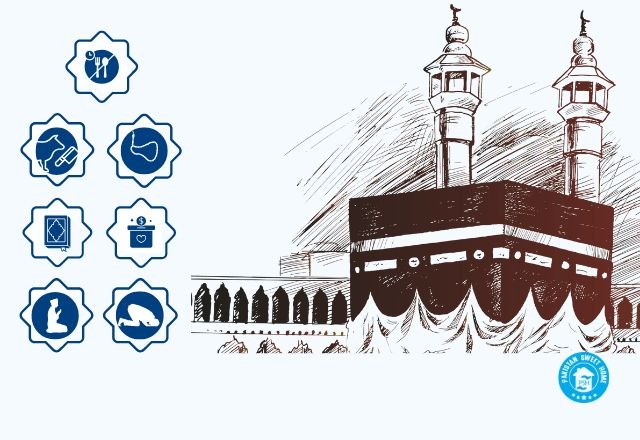
Understanding the Importance of Muharram in Islam
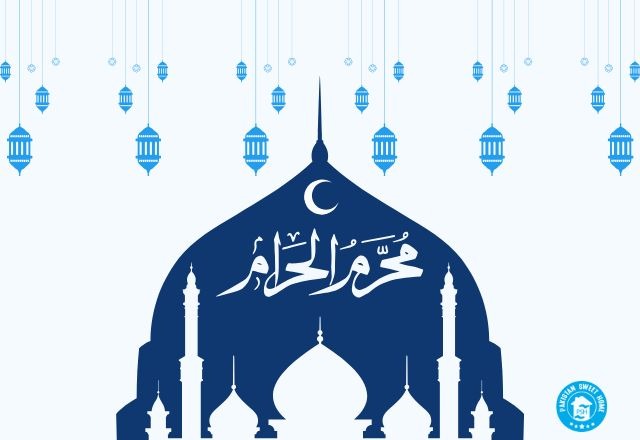
10th Muharram (Day of Ashura): What Is It and Why Is It Important?

1st Muharram: Significance of New Islamic Year
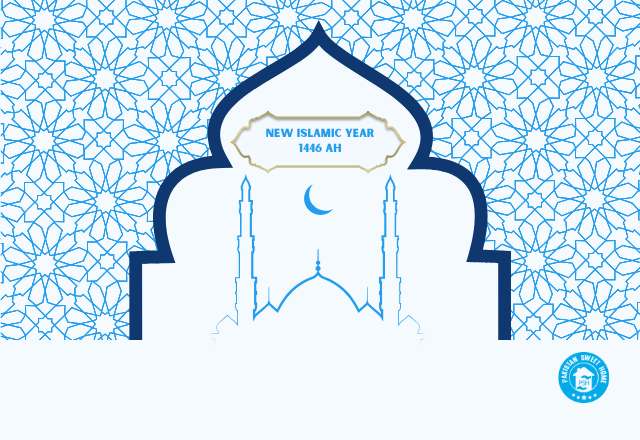
What is Ramadan: A Comprehensive Guide on the Holiest Month
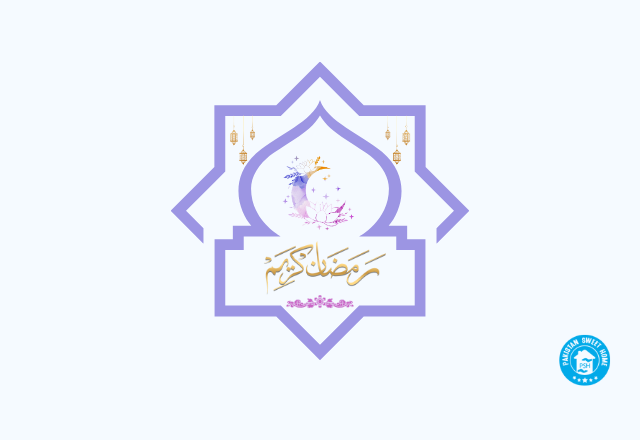
Understanding Rabi al-Awwal: Month of the Prophet's Birth
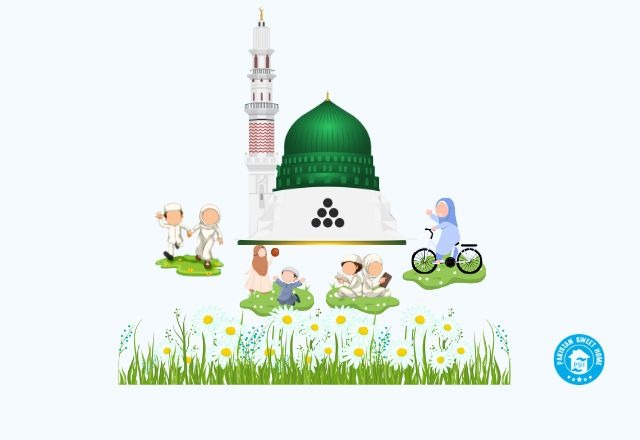
A Brief History of Ramadan
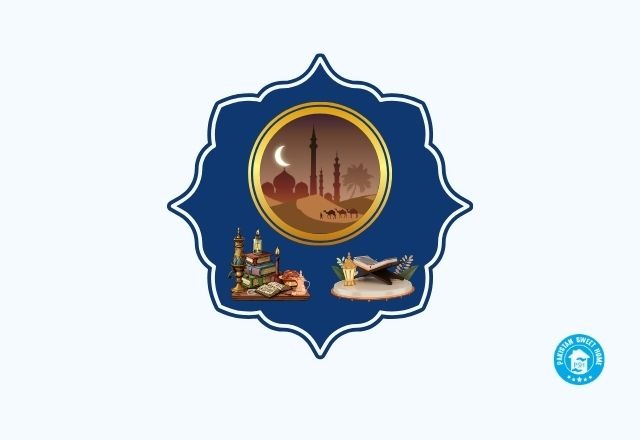
How to Prepare for Ramadan: Soul, Body and Mind

Suhoor in Islam: A Comprehensive Guide
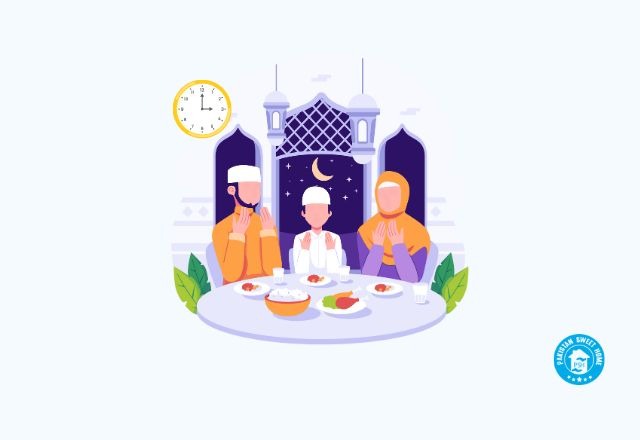
Iftar in Islam: What It Is, When It Begins, and How to Observe It

How to Maximize Rewards in Last Ten Nights of Ramadan?
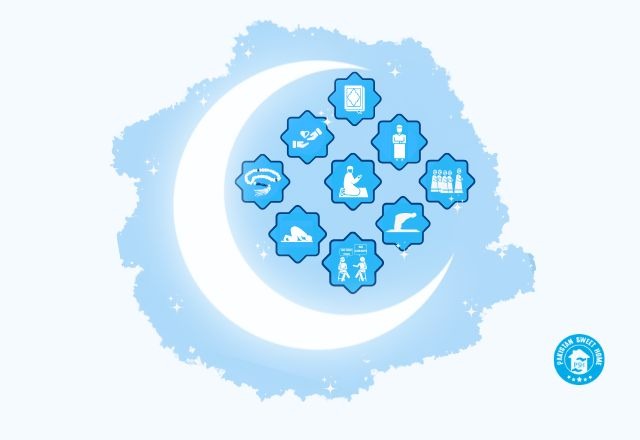
The Early Life of Prophet Muhammad (PBUH)

Prophet (PBUH) and Orphans: A Legacy of Mercy
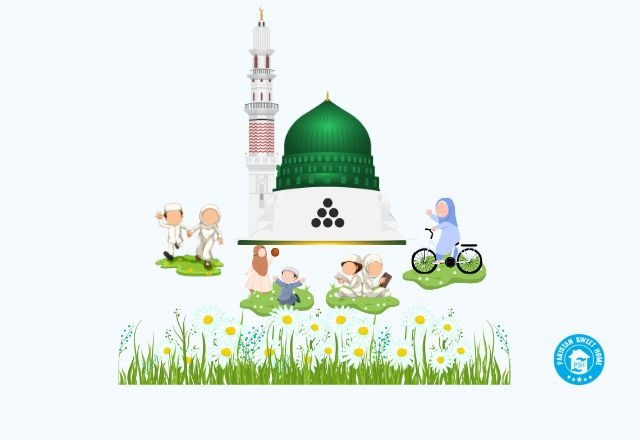
What is Itikaf in Ramadan?
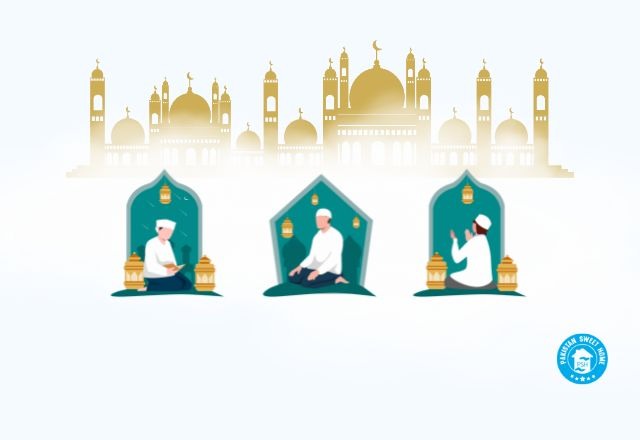
Safar Month: Meaning, History, Superstitions & Key Events
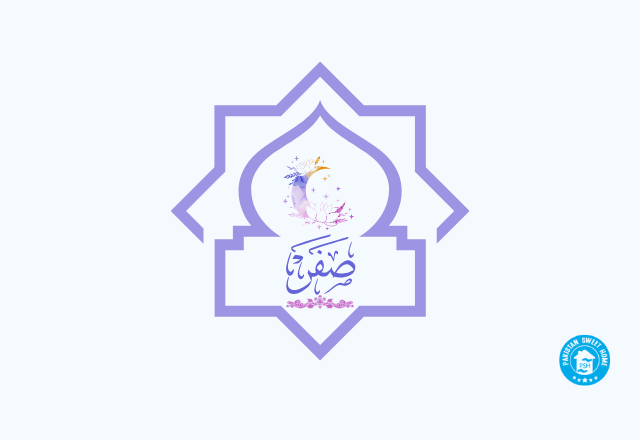
Rabi al-Thani: The Fourth Month of the Islamic Calendar
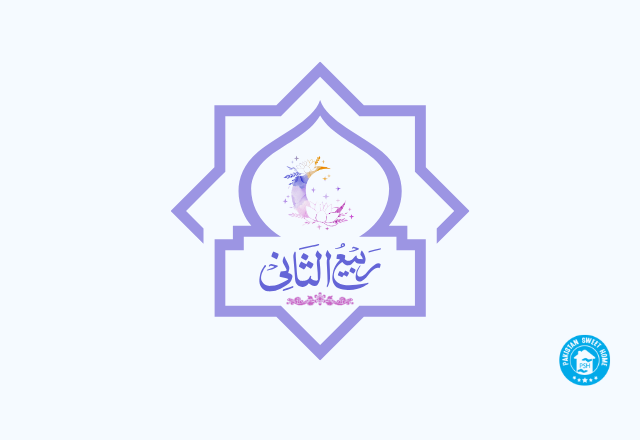
Jumada al-Awwal: The Fifth Islamic Month of Hijri Calendar
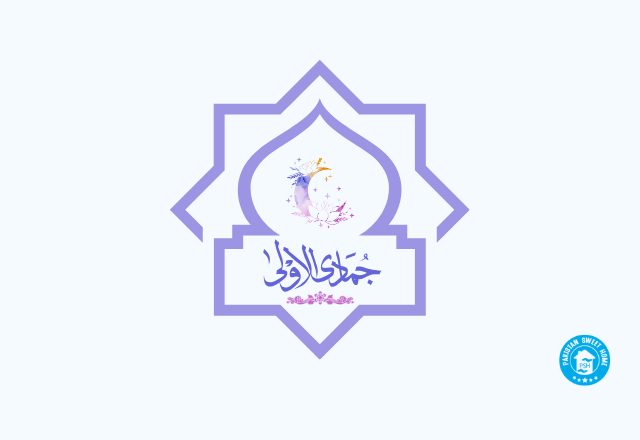
Jumada al-Thani: The Sixth Months of the Islamic Calendar
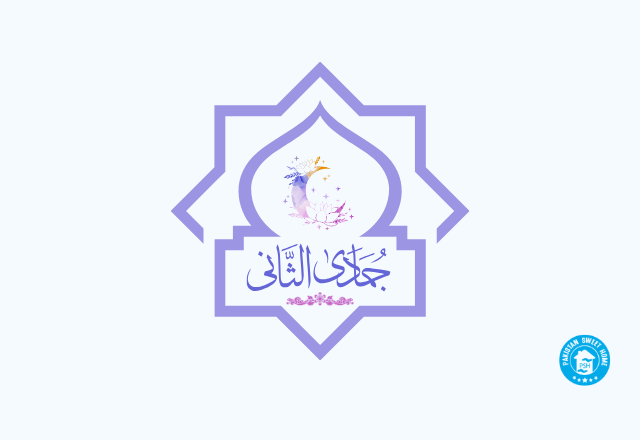
Islamic Month of Rajab: Meaning, Key Events and Innovations
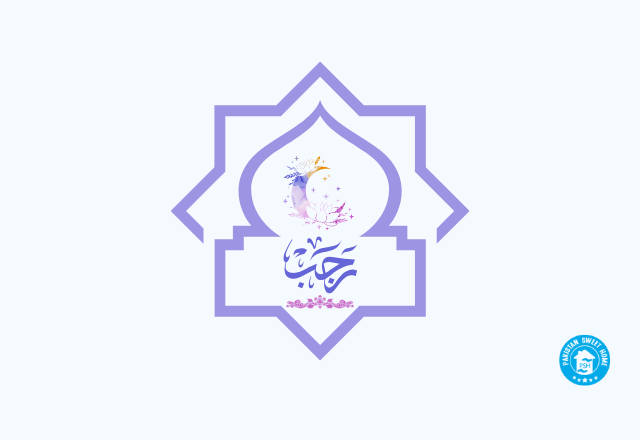
What Happened on the 13 Rajab?
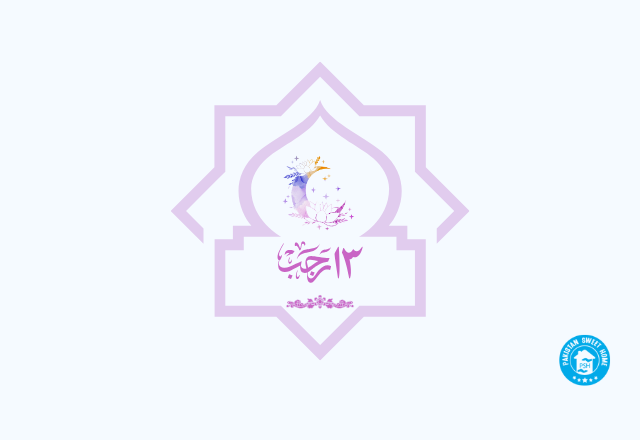
What Happened on the 15 Rajab?
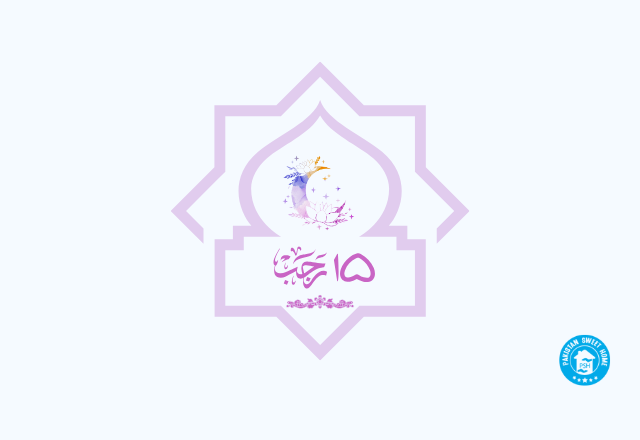
What Happened on 27th Rajab: Exploring Prophetic Night Journey
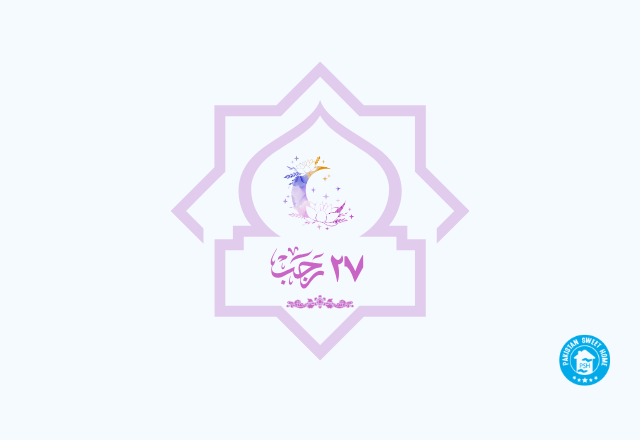
Shaban: Meaning, Importance, Events, Fasting & Ramadan Prep
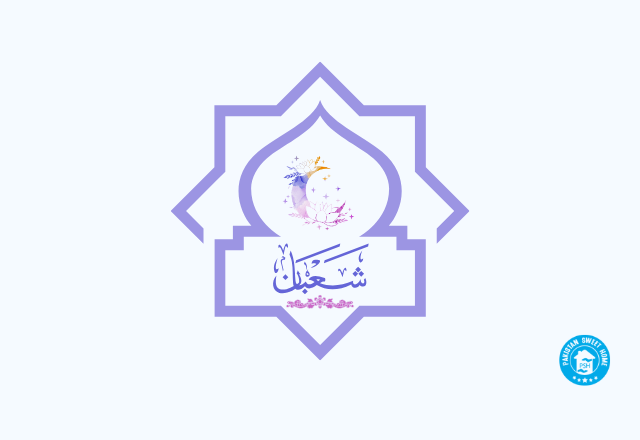
What is Shab e Barat in Islam?
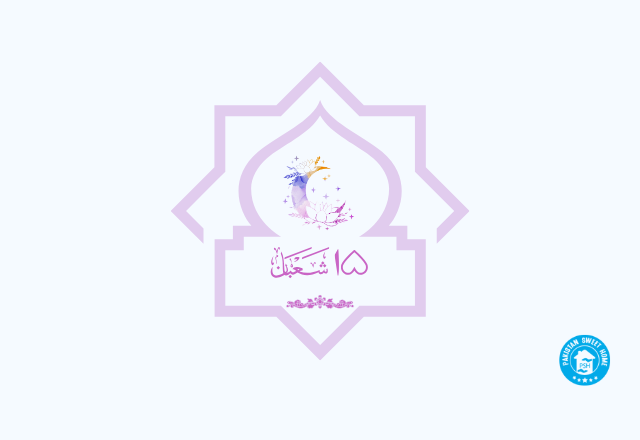
Understanding Ramadan Taraweeh: A Complete Guide

Benefits of Ramadan: From Spiritual Growth to Better Health
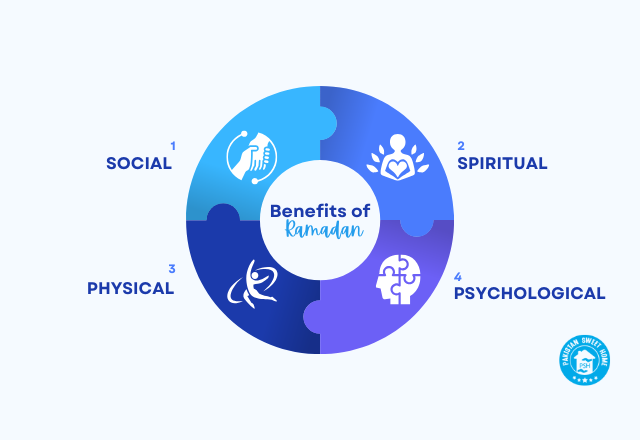
Hadith About Ramadan: A Prophetic Guide on the Month of Fasting
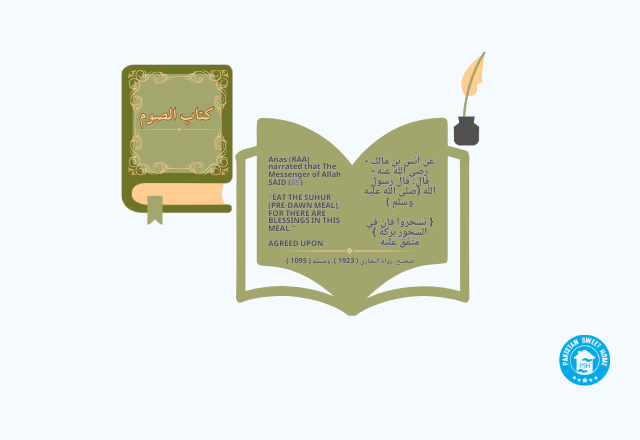
Is There a Specific Dua for Three Ashra of Ramadan?
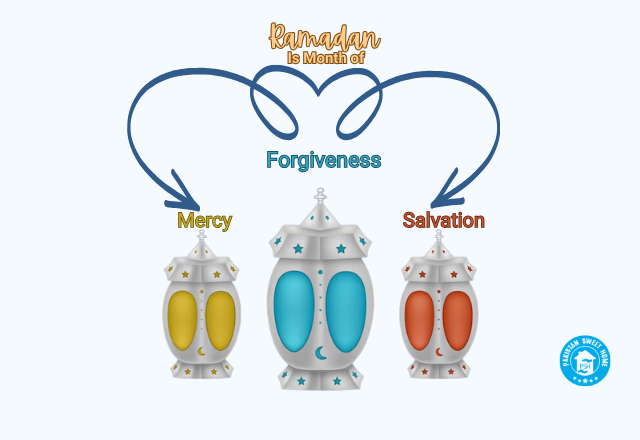
Eid al-Fitr Celebrations: A Three-Day Festival in Islam
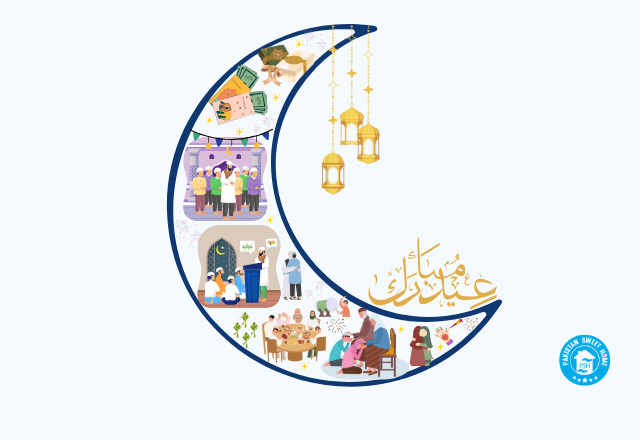
Shawwal 2025: Meaning, 6 Fasts, Events, & Concept of Marriage
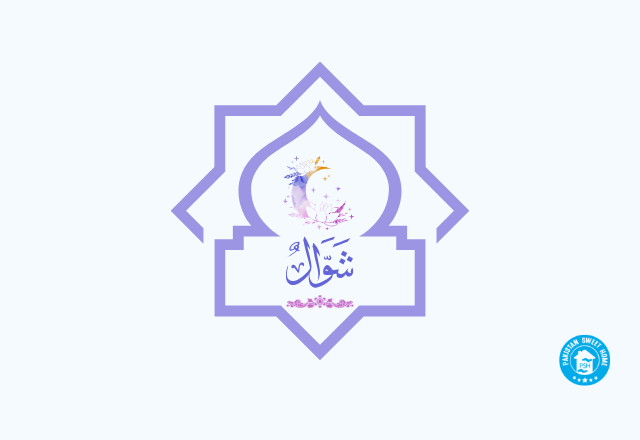
A Complete Guide to 6 Days Fasting of Shawwal
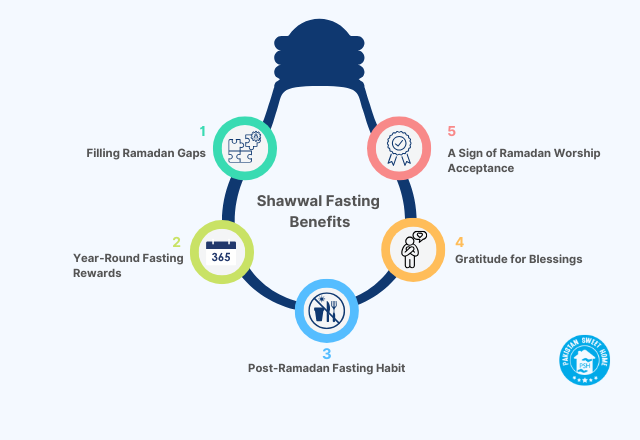
Dhul Qadah 2025: Meaning, Significance, & Historical Key Events
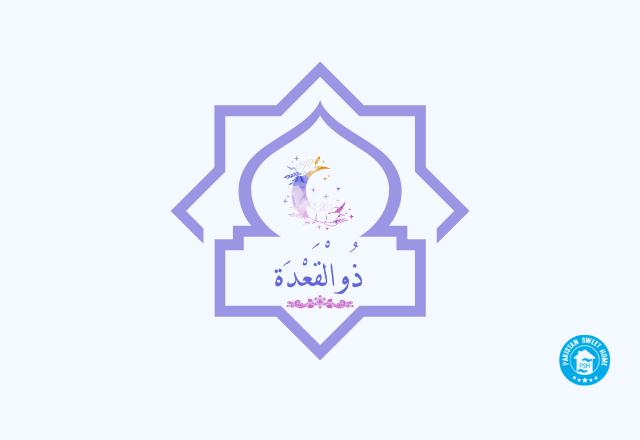
Dhul al-Hijjah: Meaning & Significance of Pilgrimage Month
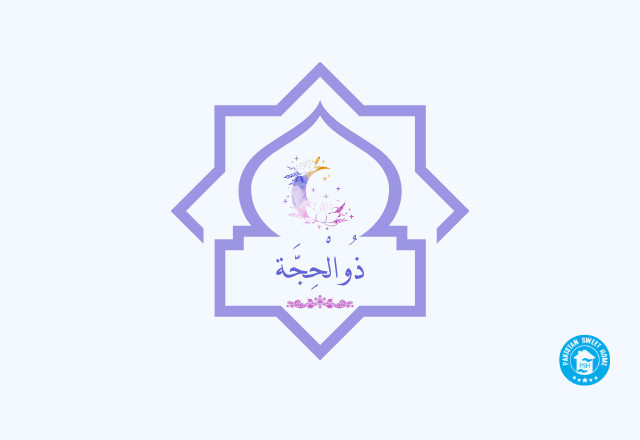
Eid al-Adha Celebrations: The Feast of the Sacrifice
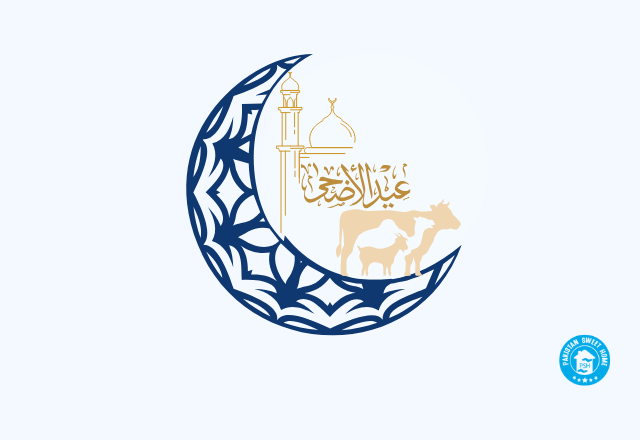
Hajj: A Comprehensive Guide to the Sacred Pilgrimage
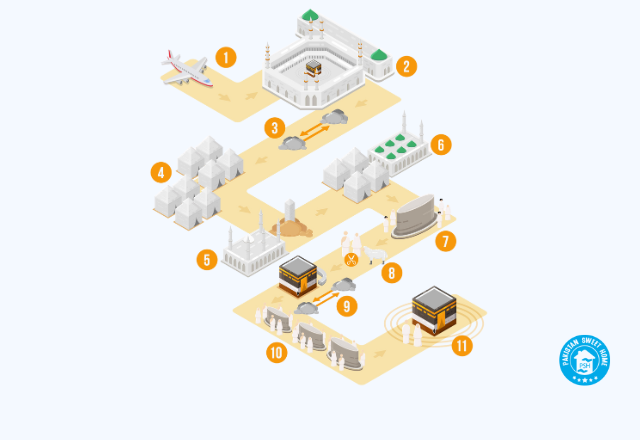
What are the 3 Types of Hajj in Islam?
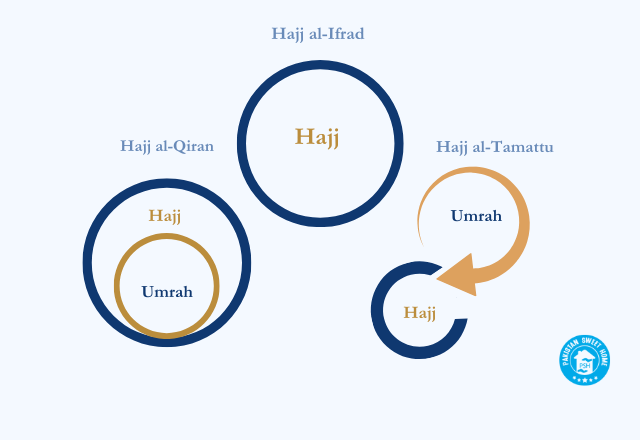
A Complete Guide on the Umrah (Minor Pilgrimage)
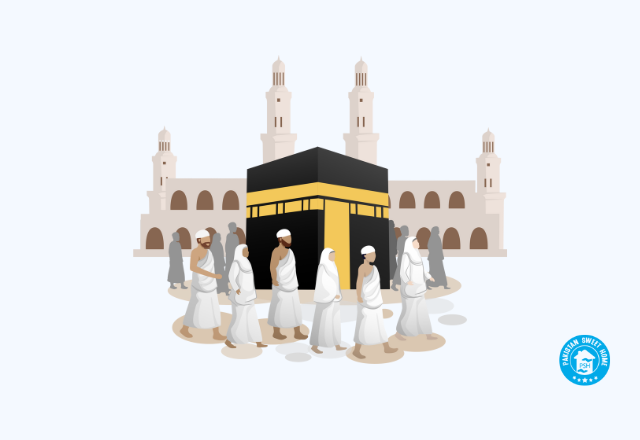
Understanding the Difference between Hajj and Umrah

Three White Days in Islam: 13th to 15th Sunnah Fasting
